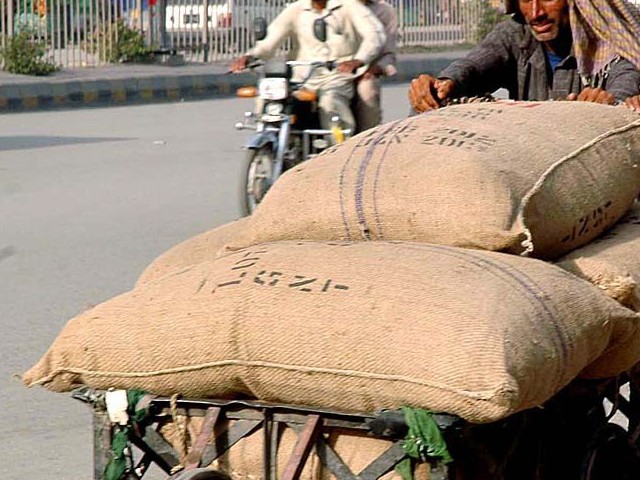
“Pakistan Jute Mills Association will meet local demand after receiving jute consignments for which letters of credit were established before imposition of the ban on exports by the government of Bangladesh,” a spokesman for the association said in a statement on Thursday.
With sufficient supply, he said, the jute industry would be in a position to meet the demand of federal and provincial governments this year.
Being one of the biggest importers of Bangladeshi jute, Pakistan’s jute industry fulfills all basic raw material requirements from imports from a single country.
The spokesman asked the government to avoid using hazardous packaging material like polypropylene for food storage and utilise jute so that the industry could plan investments in capacity utilisation and jute cultivation in the country.
“This will not only make the country self-sufficient in raw material but will also help in finding export avenues as a majority of foreign markets are in the grip of two regional countries.”
If the government provided support for developing technical infrastructure along with guidance and a long-term policy for jute cultivation, the export of jute products after value addition could earn handsome foreign exchange for the country, he said.
According to the association, the local industry has the capacity to produce 125,000 tons of jute per annum. It provides direct employment to 25,000 people and indirectly supports livelihood of 100,000 people.
It says the industry also helps saves $100 million through import substitution and contributes over Rs800 million to the economy in the form of duties, taxes, levies and surcharges.
Published in The Express Tribune, January 15th, 2016.
Like Business on Facebook, follow @TribuneBiz on Twitter to stay informed and join in the conversation.







1719053250-0/BeFunky-collage-(5)1719053250-0-270x192.webp)









COMMENTS
Comments are moderated and generally will be posted if they are on-topic and not abusive.
For more information, please see our Comments FAQ